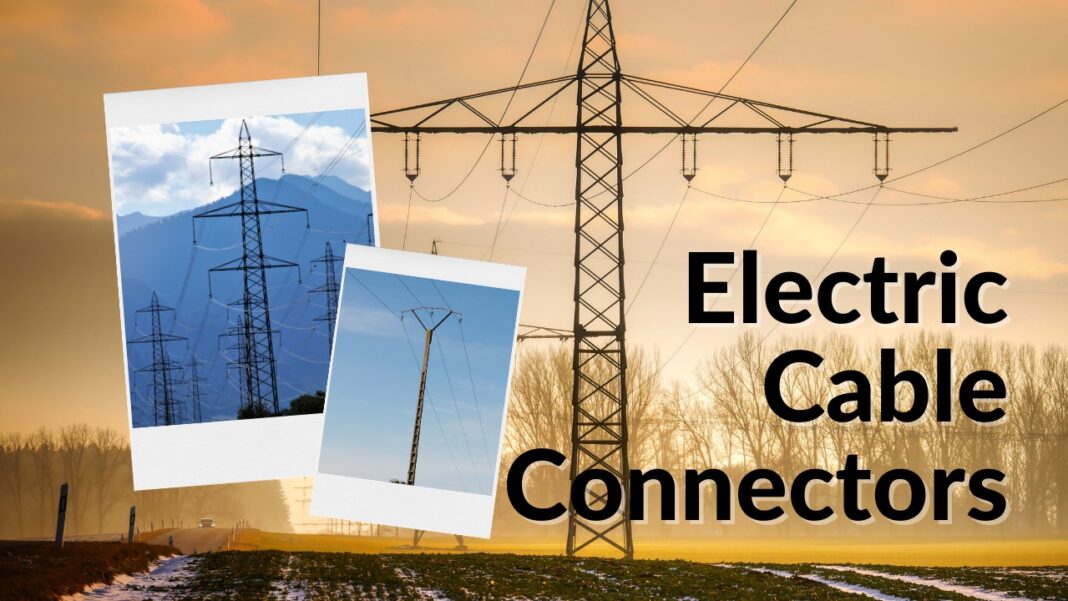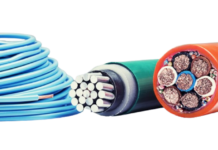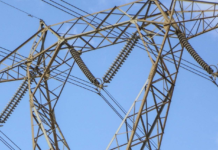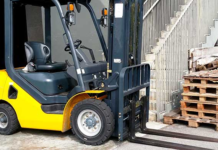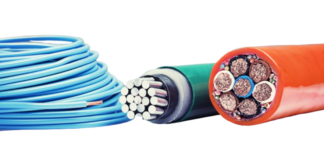Introduction:
Selecting the right type of electric cable connectors is an essential part of any electrical project. The right connectors ensure proper connectivity, safety, and durability. But with so many different types of electric cable connectors available in the market, it can be challenging to choose the right one. In this blog, we will discuss the top 10 ways to select the right type of electric cable connectors.
Select The Right Type Of Electric Cable Connectors
1. Determine the Type of Cable:
The first step to selecting the right electric cable connector is to determine the type of cable you are working with. There are different types of cables, such as solid, stranded, shielded, and unshielded. Each cable type requires a different type of connector. For instance, solid cables require connectors that can penetrate the insulation layer, while stranded cables require connectors that can grip multiple strands.
2.Consider the Current and Voltage Rating:
The current and voltage rating of the cable connectors must match that of the cable to ensure safe and reliable connectivity. If the connectors cannot handle the current and voltage levels, they can overheat, melt, or cause a short circuit.
3. Determine the Connector Type:
There are various types of electric cable connectors available, such as crimp connectors, twist-on connectors, solder connectors, and compression connectors. Each connector type has its advantages and disadvantages. For instance, crimp connectors are easy to install and provide a secure connection, while solder connectors provide excellent conductivity but require more skill and equipment to install.
4. Consider the Environment:
The environment in which the cable connectors will be used must also be considered. For instance, connectors used in outdoor or harsh environments must be waterproof and corrosion-resistant. Connectors used in high-temperature environments must be able to withstand the heat without melting.
5. Look for Certifications:
When selecting electric cable connectors, it is essential to look for certifications such as UL, CSA, or CE. These certifications indicate that the connectors have been tested and meet certain safety and performance standards.
6. Choose the Right Size:
The size of the electric cable connectors must match the size of the cable to ensure proper connectivity. Using connectors that are too small can lead to overheating and poor connectivity, while using connectors that are too large can be costly and may not fit in tight spaces.
7. Consider the Number of Conductors:
The number of conductors in the cable must also be considered when selecting electric cable connectors. Connectors with too few conductors can result in poor connectivity, while connectors with too many conductors can be challenging to install.
8. Look for Compatibility:
Electric cable connectors must be compatible with the equipment they are being used with. For instance, connectors used with computers must be compatible with the computer’s ports and connectors.
9. Consider Ease of Installation:
The ease of installation of electric cable connectors is also an essential factor to consider. Connectors that are easy to install can save time and money, while connectors that are difficult to install can lead to errors and costly repairs.
10. Cost Considerations:
Finally, cost considerations must also be taken into account when selecting electric cable connectors. While it may be tempting to choose the cheapest connectors, it is essential to consider the long-term cost-effectiveness of the connectors. Low-quality connectors may need to be replaced more frequently, leading to higher costs in the long run.
Electrical Power Connector Types
There are various types of electrical power connectors used in different applications, some of the common types include:
1. AC Power Plugs and Sockets:
These are used to connect electrical equipment to AC power sources. Examples include the Type A, B, C, D, E, F, G, H, I, J, K, L, M, N plugs and sockets.
2. DC Power Connectors:
These are used to connect devices to DC power sources. Examples include barrel connectors, power jacks, and banana plugs.
3. USB Connectors:
These are used to connect electronic devices to computers, chargers, and other devices. Examples include Type A, Type B, Micro-USB, and USB-C.
4. Audio and Video Connectors:
These are used to connect audio and video equipment. Examples include RCA connectors, HDMI connectors, and XLR connectors.
5. Coaxial Connectors:
These are used to connect coaxial cables used for transmitting high-frequency signals such as television signals. Examples include BNC and F-type connectors.
6. Circular Connectors:
These are used in a variety of applications where a reliable connection is required in harsh environments. Examples include MIL-DTL-38999 and MIL-C-26482.
7. Fiber Optic Connectors:
These are used to connect fiber optic cables that transmit data via light. Examples include SC, LC, and ST connectors.
8. Terminal Blocks:
These are used to connect wires in industrial and commercial applications. Examples include screw terminals and spring terminals.
9. Twist-lock Connectors:
These are used to connect power cords and other devices in industrial and commercial applications. Examples include NEMA L5-30 and L6-20 connectors.
10. Battery Connectors:
These are used to connect batteries to devices such as motors, controllers, and chargers. Examples include Anderson Powerpole and XT60 connectors.
Importance of a Connector in Electrical
A connector is an essential component in electrical systems as it provides a means to establish and terminate electrical connections between two or more components or wires. Here are some reasons why connectors are important in electrical systems:
1. Reliability:
Connectors provide a reliable means to establish and maintain electrical connections. Good quality connectors ensure that the electrical connections are secure, preventing accidental disconnections or loose connections that can lead to electrical faults.
2. Flexibility:
Connectors provide flexibility in electrical systems by allowing different components to be easily connected or disconnected as required. This makes it easier to install, maintain, and upgrade electrical systems.
3. Efficiency:
Connectors can improve the efficiency of electrical systems by reducing the time and effort required to make electrical connections. They can also improve the performance of the system by minimizing resistance and ensuring that the electrical current flows smoothly.
4. Safety:
Connectors can improve safety in electrical systems by providing a secure and insulated means to make electrical connections. This reduces the risk of electrical shocks or fires caused by exposed wires or faulty connections.
5. Compatibility:
Connectors come in different shapes and sizes, allowing components from different manufacturers to be connected together. This ensures that the electrical system is compatible with a wide range of components and can be easily customized to meet specific requirements.
Overall, connectors are a vital component in electrical systems as they provide a safe, reliable, and efficient means to establish and terminate electrical connections.
Conclusion:
Selecting the right type of electric cable connectors is crucial for ensuring proper connectivity, safety, and durability in electrical projects. By considering factors such as cable type, current and voltage rating, connector type, environment, certifications, size, number of conductors, compatibility, ease of installation, and cost, you can choose the right connectors for your project. Remember to always prioritize safety and reliability over cost when selecting electric cables.
FAQ:
- What is the ideal characteristics of an electrical connector?
- What are the important characteristics of a cable?
- Why is cable selection important?
- How do I choose a cable type?
- What are cable ties used for?

